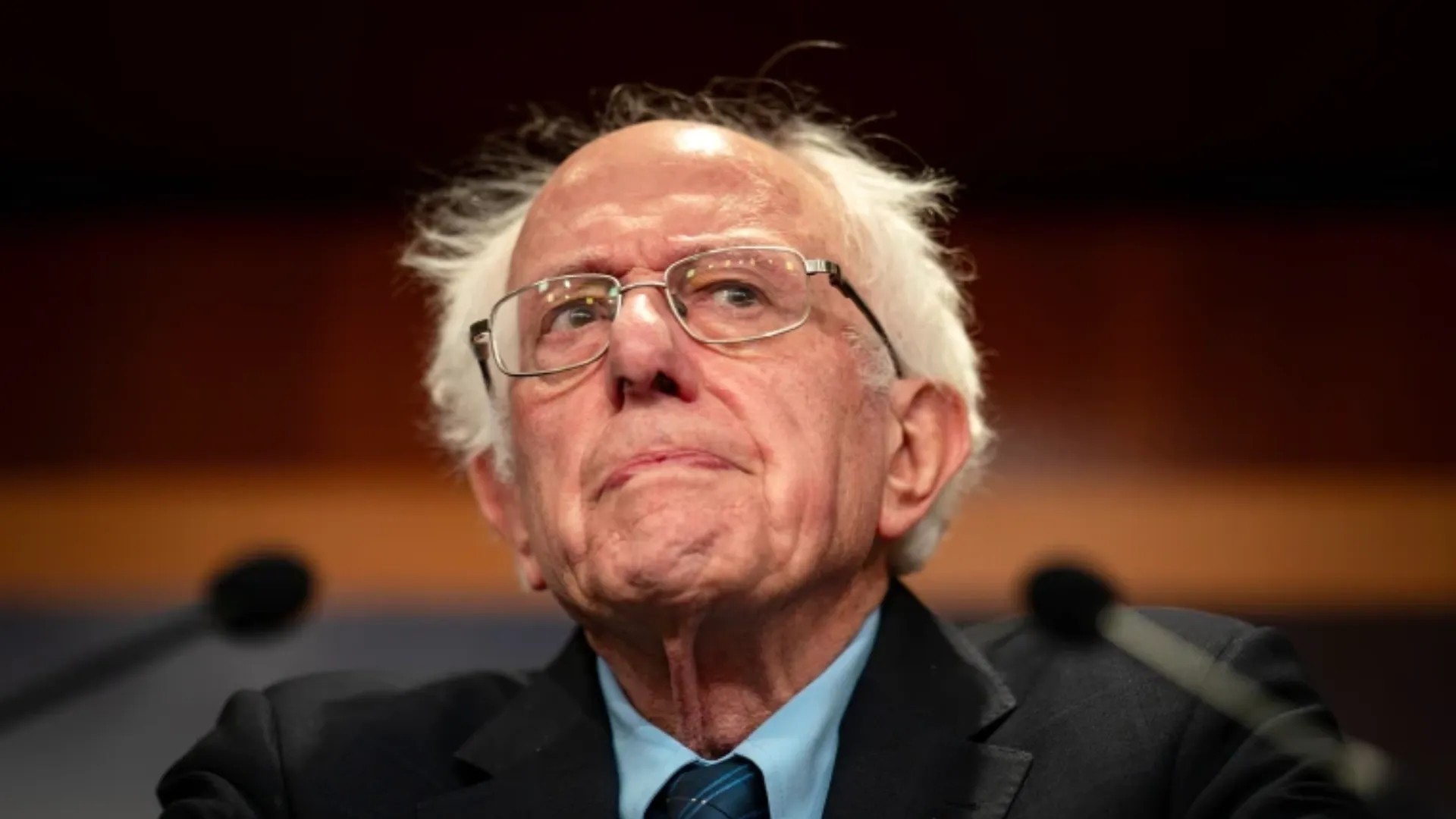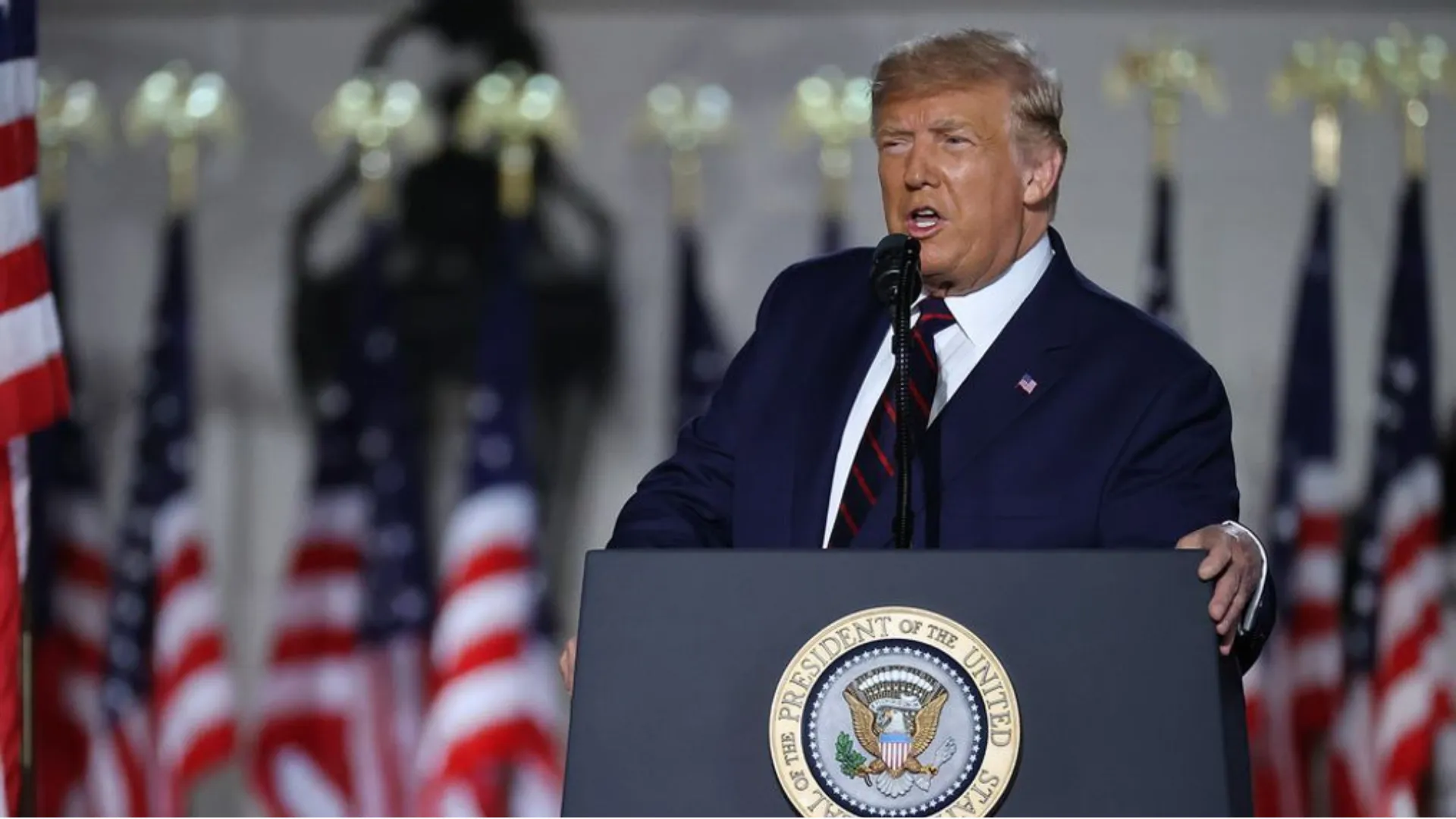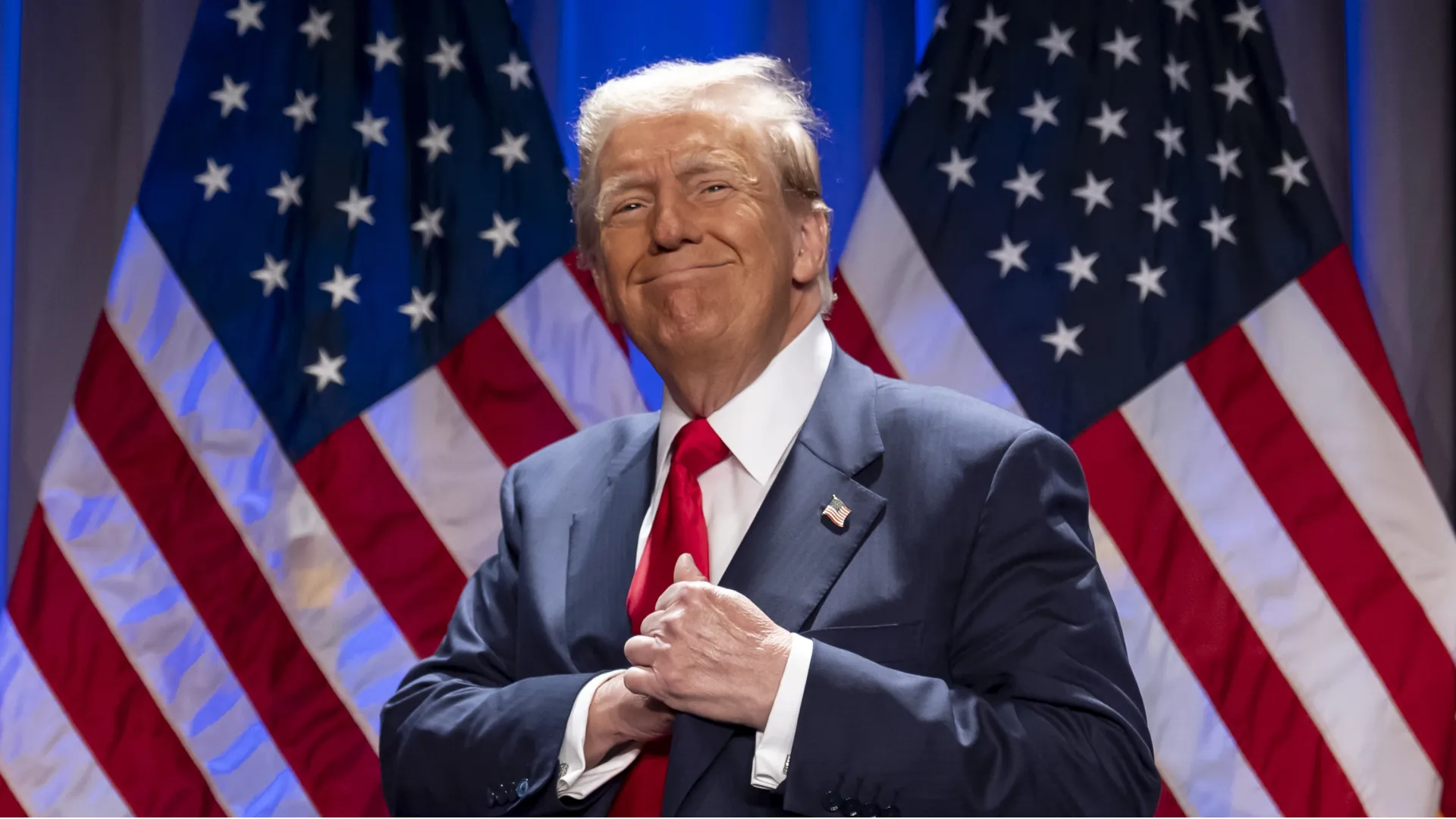
As President Joe Biden nears the end of his term, he took a moment to address the next generation of Democratic lawmakers, urging them to embrace bipartisanship and mutual understanding even in an increasingly polarized political climate.
At a reception held at the White House State Room, Biden reflected on his own extensive political journey, emphasizing the importance of relationships and cooperation across party lines.
The gathering was a welcome event for newly elected Democratic members of Congress, many of whom are younger and preparing to navigate a political landscape where their party holds the minority in both legislative chambers.
Biden, the oldest Democratic president, shared personal anecdotes and lessons from his decades in public service, providing guidance for the challenges these lawmakers will face.
Biden highlighted the erosion of interpersonal connections in today’s politics, lamenting that lawmakers no longer invest in building relationships. “The single greatest loss we have is that we don’t know each other anymore,” he remarked, underscoring the value of understanding different perspectives, even those that may seem misguided.

The new Democratic cohort, comprising roughly 30 members, enters Congress following a difficult 2024 election season. The party faced a significant setback after Vice President Kamala Harris lost the presidential race. Meanwhile, Republicans not only retained control of the House of Representatives but also gained a narrow majority in the Senate, leaving Democrats in a defensive position.
Despite these challenges, optimism remains among some of the incoming lawmakers. California Representative Sam Liccardo, a former mayor of San Jose, expressed hope for bipartisan collaboration on certain issues.
While acknowledging the limits of his influence as a first-term representative, Liccardo pointed to areas like housing costs and tax credits for low-income households as opportunities for building consensus.
“I’m not expecting as a first-term member I will be the one to cut the deal on the border,” Liccardo said. “But there are other issues where there has been relative consensus to build a majority.”
During his remarks, Biden reminisced about his own start in Washington over 50 years ago. Elected to the Senate at just 29 years old in 1972, Biden entered Congress after defeating a Republican incumbent, Caleb Boggs.
Although initially too young to meet the Senate’s age requirement, he turned 30 shortly after winning his seat. Biden recalled the value of fostering relationships with colleagues from across the political spectrum, emphasizing that compromise does not mean sacrificing principles.
“You don’t have to give up your principles to build relationships,” he told the new lawmakers, urging them to find common ground without compromising their values.
Biden also addressed the pressing challenges facing the United States, both domestically and internationally. He stressed the importance of alliances and partnerships in maintaining national security, noting that the world has entered a new and complex era. “Our safety depends on who our partners are and who our allies are,” he said.
Among the new Democratic lawmakers, Arizona Representative Yassamin Ansari voiced optimism about advancing key issues such as housing affordability, climate change, and reproductive rights.

Speaking on CNN, Ansari expressed hope that some of these priorities could gain bipartisan support. “These are issues that young people have said loud and clear are important to them,” she said.
Meanwhile, Representative Adam Gray of California acknowledged the challenges of representing a district that voted for Donald Trump over Kamala Harris by five points. Gray highlighted border security as a pressing concern for his constituents, framing it as a key issue for building trust with voters.
“What Americans want to see is border security,” Gray stated, adding that the previous Congress had failed to address the issue effectively. “The status quo is not going to do it.”
Liccardo noted that Biden’s extensive experience offers valuable perspective for the next generation of leaders. Reflecting on the president’s role in this transitional moment, he remarked, “He appreciates the importance of the passage of the torch.”
Liccardo described the reception as an opportunity for Biden to connect with the country’s future leaders and provide a sense of continuity and encouragement.
As the Democratic Party adjusts to its minority status in Washington, Biden’s message of cooperation and understanding serves as both a challenge and a call to action. For these new lawmakers, navigating the complexities of a divided government will require resilience, pragmatism, and a willingness to engage with those who hold differing views.



